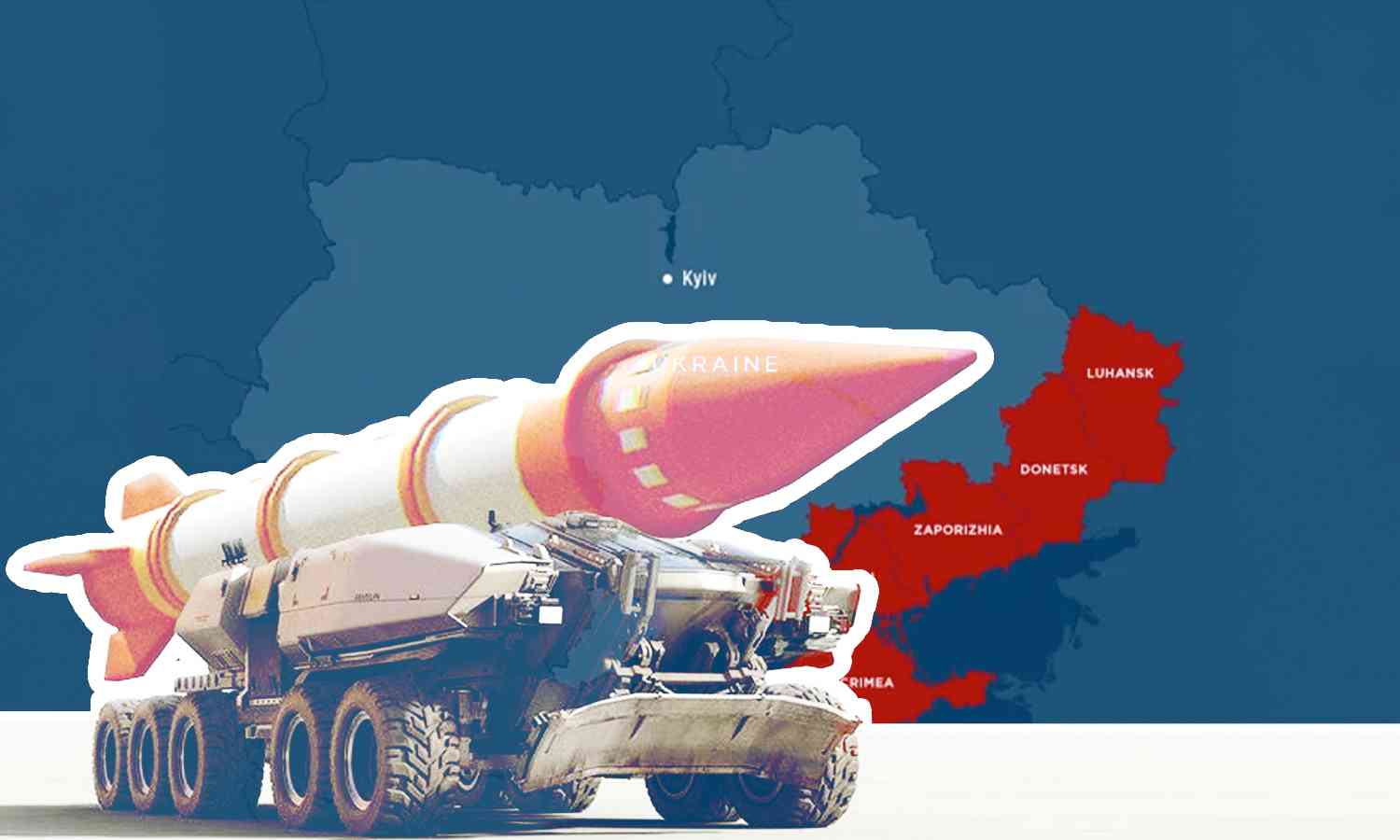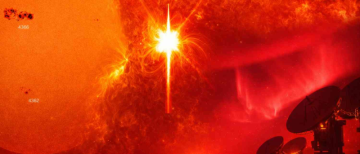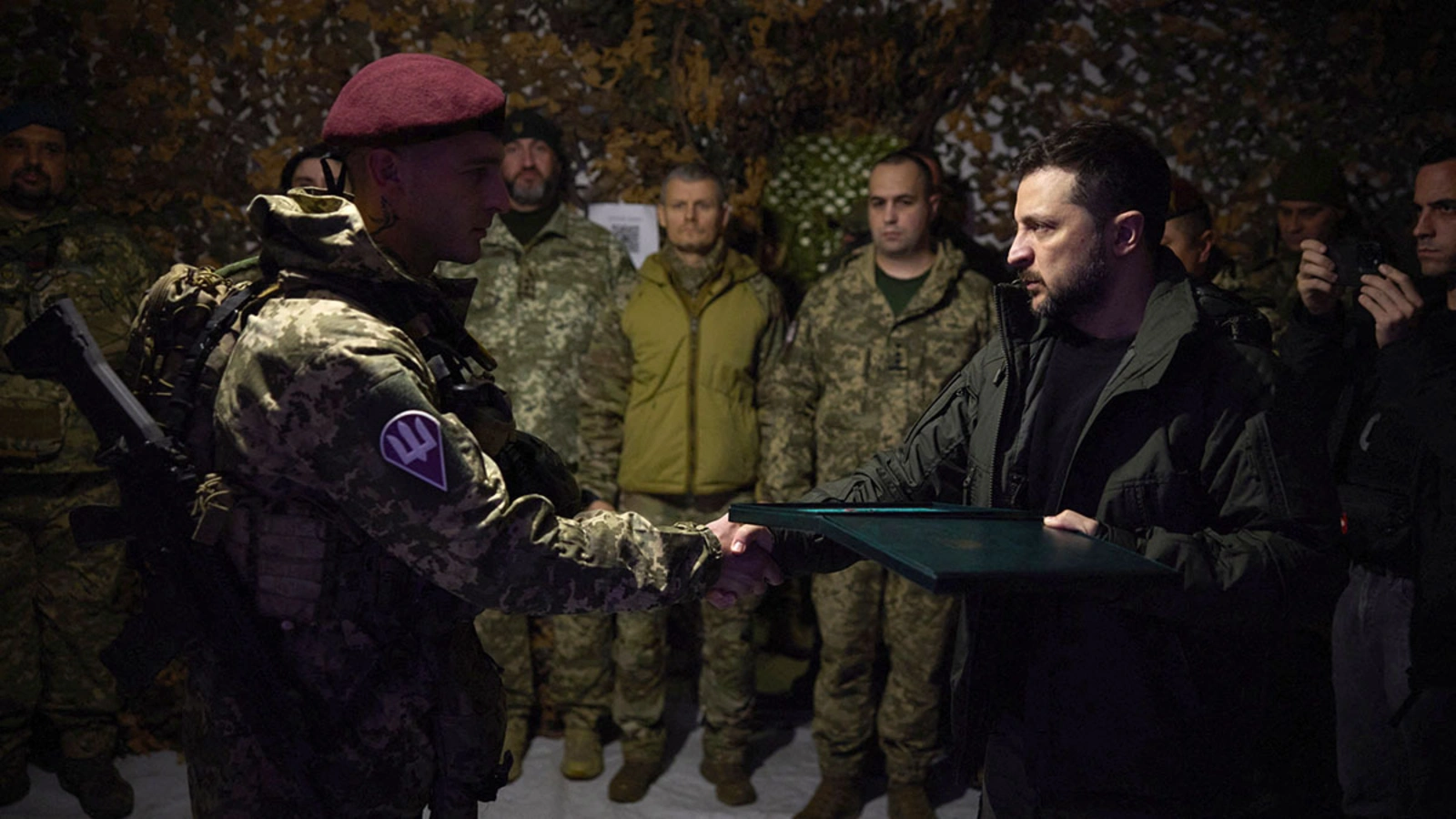
US Clears Long-Range Missile Use by Ukraine, Escalating Tensions with Russia
Russia has issued a stark warning, vowing a “tangible and appropriate” response if Ukraine uses US-provided long-range missiles to target its territory. Moscow’s foreign ministry stated that such an attack would constitute “direct involvement” by the United States and its allies in the ongoing conflict, which is nearing its 1,000th day. The decision marks a significant shift in US policy. President Joe Biden, weeks before leaving office, approved Ukraine’s use of Army Tactical Missile Systems (ATACMS) with a range of 300km (190 miles) on Russian territory. This reverses previous Western restrictions barring Kyiv from employing these weapons beyond its borders.
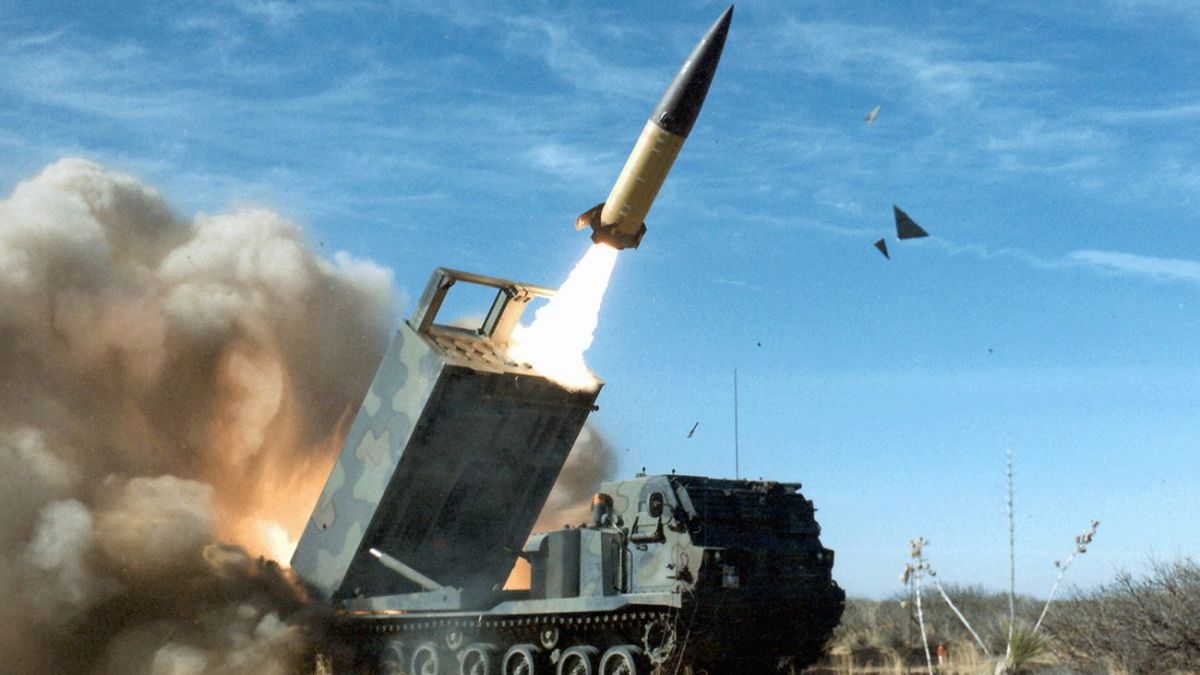
Biden’s Decision Amid Political Transition
It remains unclear whether President-elect Donald Trump, who has pledged to end the war and US foreign entanglements, was consulted on this decision. Trump, set to take office on January 20, has yet to comment. He has promised to end the Russia-Ukraine conflict within 24 hours of assuming the presidency, though the details of his plan remain vague. Biden’s move signals a new phase in the war, as Ukraine prepares to wield advanced weaponry from its allies. France and the UK, which have supplied Kyiv with Storm Shadow missiles of similar range, may follow suit. French President Emmanuel Macron endorsed Biden’s decision as a “positive step,” though neither France nor the UK has yet confirmed a similar policy shift.
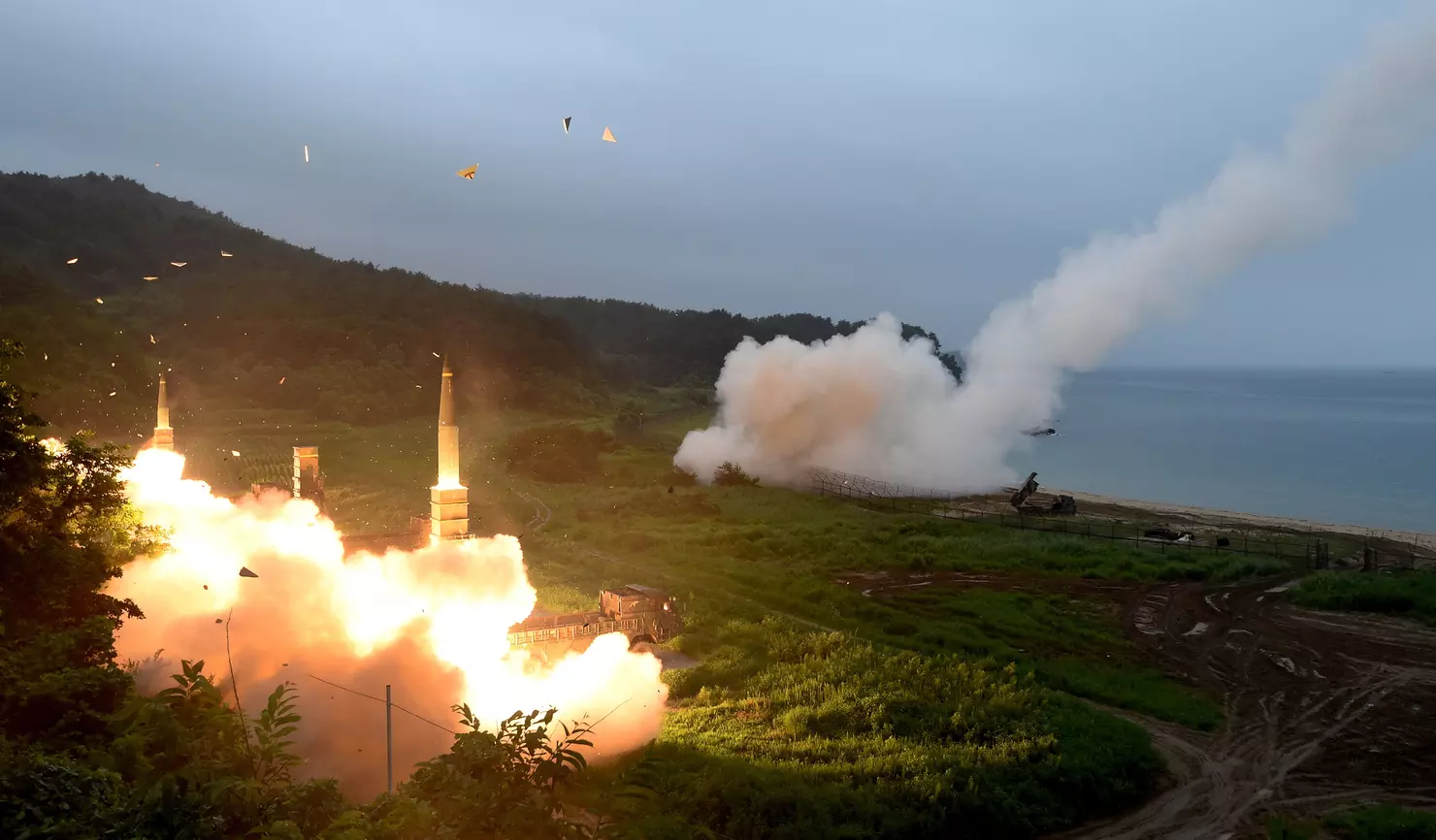
Moscow’s Escalation and North Korea’s Role
Russia has intensified its attacks on Ukrainian infrastructure amid a battlefield stalemate. Over the weekend, Russian forces launched devastating strikes against Ukraine’s power grid, resulting in widespread blackouts and civilian casualties. On Monday, a missile strike in Odesa killed 10 people and injured nearly 50. Complicating the conflict further is the reported arrival of over 10,000 North Korean troops in Russia’s Kursk region, where Ukrainian forces have captured a small area of territory. Unverified reports suggest North Korea could deploy up to 100,000 soldiers, along with artillery and weapons, to bolster Russia’s efforts.
The US has criticised this development, with Deputy National Security Adviser Jon Finer condemning North Korea’s involvement and warning of potential countermeasures. Biden’s approval of ATACMS, some analysts suggest, may be intended to send a message to both Moscow and Pyongyang.
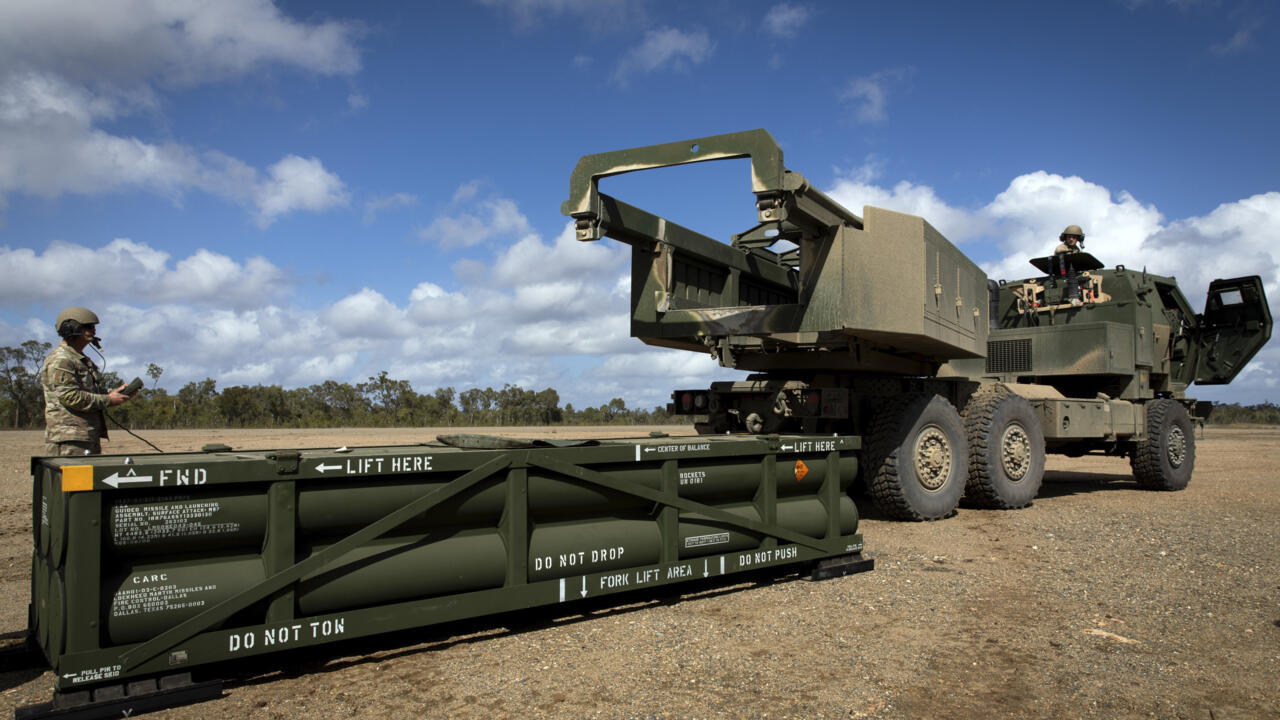
Ukraine’s Strategy and Global Reactions
Ukrainian President Volodymyr Zelensky has hinted that there may be no formal announcement regarding the deployment of US missiles. “The missiles will speak for themselves,” he remarked. Reports suggest Ukraine may initially use the weapons in the Kursk region, potentially targeting areas tied to North Korean troop deployments. The decision to lift restrictions on missile use is seen as a Western attempt to signal to Russian President Vladimir Putin that a military victory is unattainable. However, Putin has remained silent on the latest developments. In September, he warned that such an escalation would equate to NATO’s direct participation in the conflict. On Monday, his spokesperson accused the US of “adding oil to the fire.”
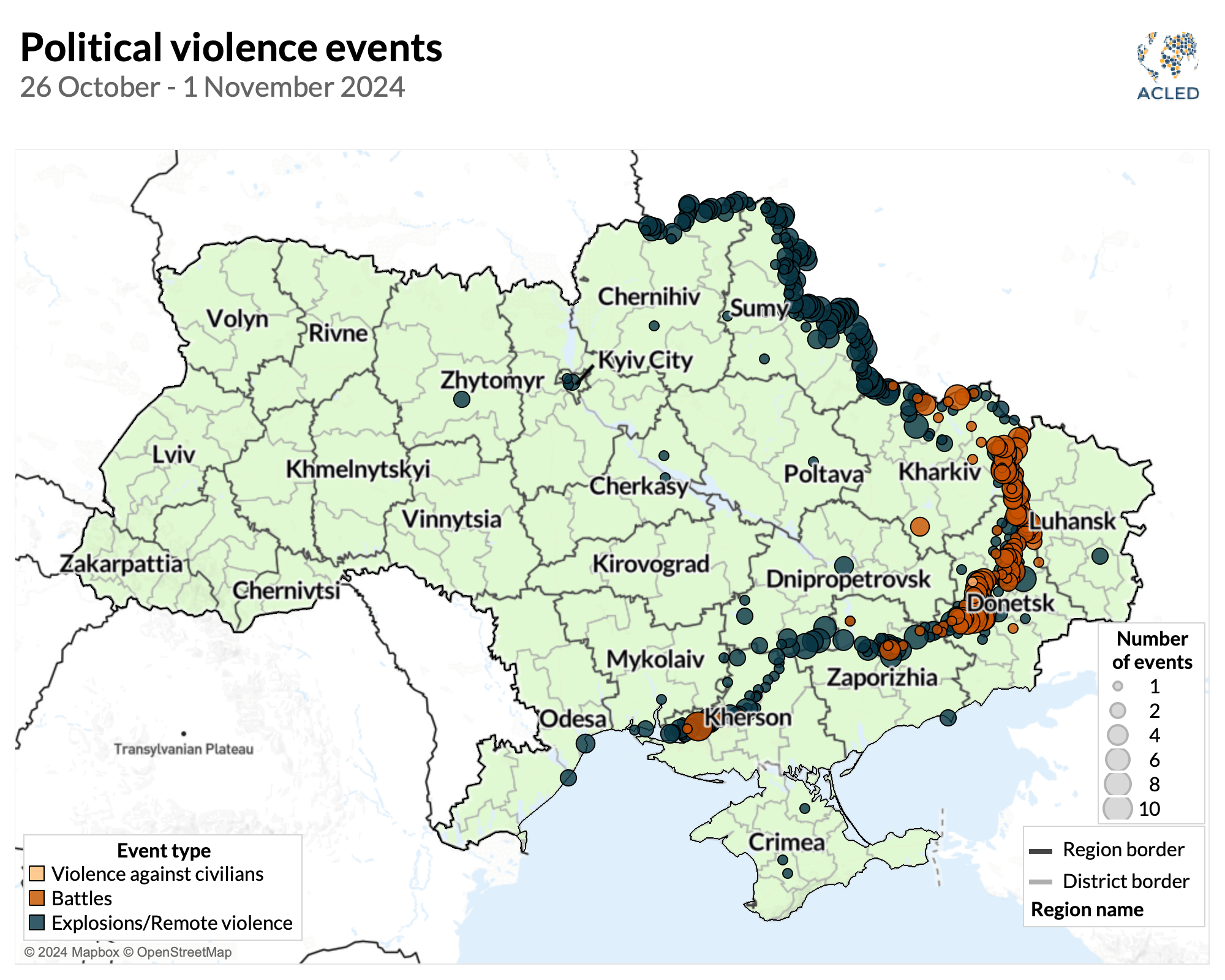
International Calls for De-escalation
Amid rising tensions, China has called for global efforts to “cool the Ukraine crisis” and pursue a political resolution. Beijing, a key partner for Moscow amidst sanctions, has repeatedly denied supplying weapons to Russia while urging restraint from all sides. The conflict, now entering a critical juncture, continues to draw intense global scrutiny. As Biden’s administration prepares to hand over the reins, the long-term implications of this latest escalation remain uncertain, with the world watching closely how the next chapter unfolds.
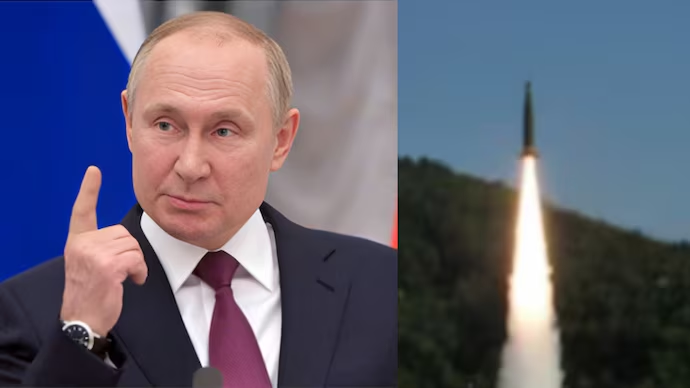
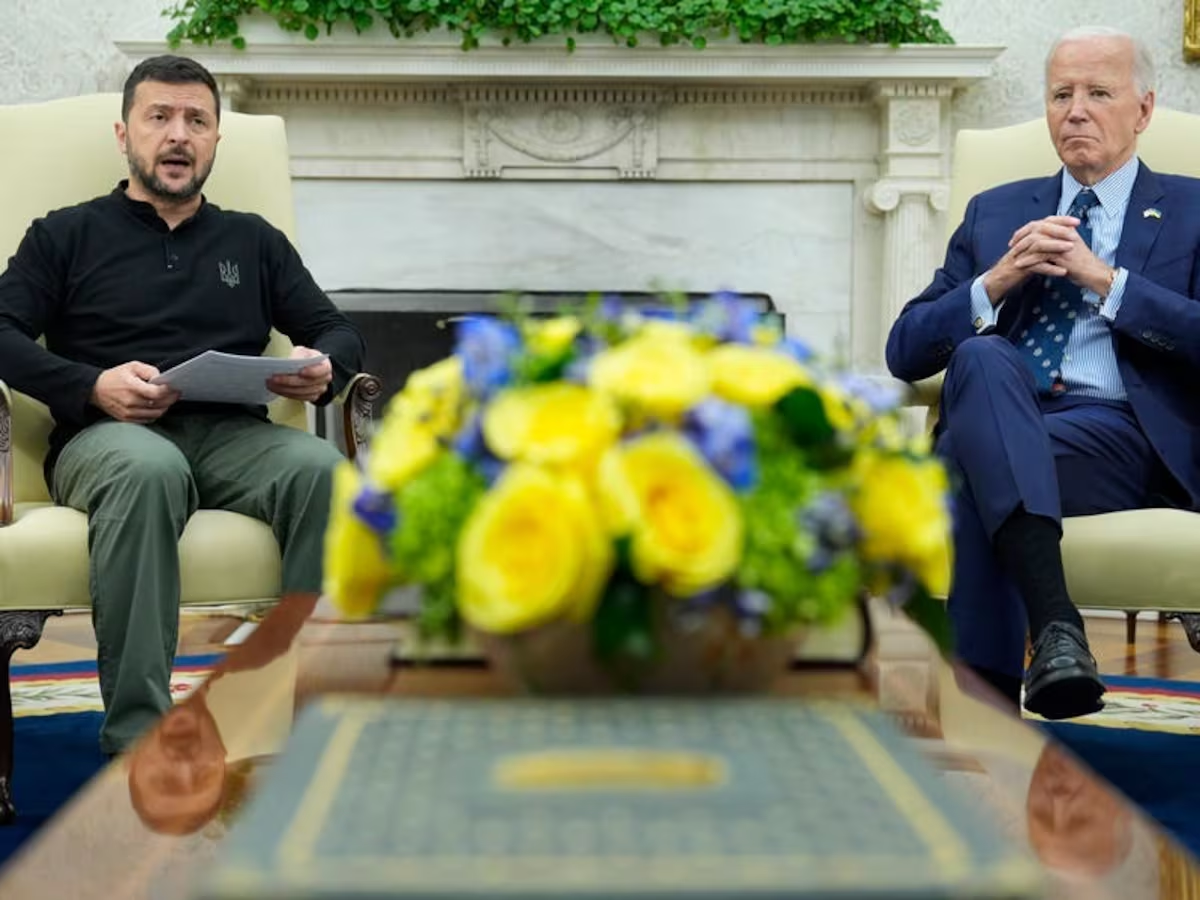
With inputs from agencies
Image Source: Multiple agencies
© Copyright 2024. All Rights Reserved Powered by Vygr Media.

